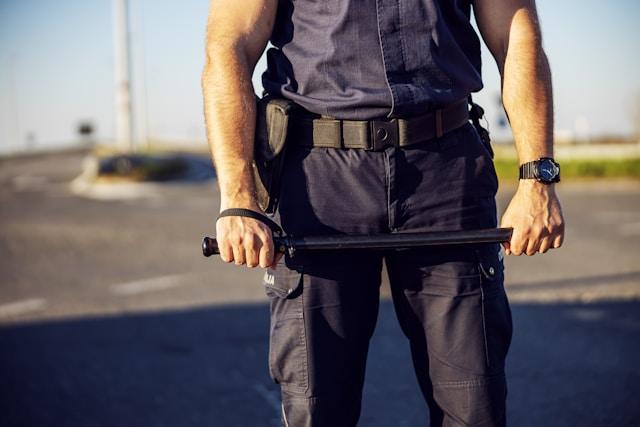
Various religious freedom advocates flagged fresh indicators of persecution against Christians who live out their faith in Western liberal democracies during a breakout session of the 2025 International Religious Freedom (IRF) Summit in Washington, D.C., this week.
Newsroom (02/06/2025 09:07, Gaudium Press)“People being arrested because of their faith and living out their faith is coming at odds with an increasingly secular and progressive [society],” said Alliance Defending Freedom International Legal Counsel Sean Nelson, who moderated the Feb. 4 panel.
Nelson was joined on stage by Todd Huizinga, a senior fellow at the Religious Freedom Institute focused on Europe; Janet Buckingham, the director of global advocacy at the World Evangelical Alliance; and Rabbi Emile Ackermann, a co-founder of Ayeka, the first Modern Orthodox Jewish community in France.
Nelson showed a brief five-minute clip that detailed stories of Christians facing persecution for speaking about or practicing their religious faith in Finland, the United Kingdom, and Malta — but panelists noted that the trend is widespread throughout Europe and North America.
The video referenced the hate speech charges brought against the former member of Finnish Parliament Päivi Räsänen for defending Christian teachings about homosexuality, which is now in the country’s Supreme Court. It also discussed Isabel Vaughan-Spruce, who was arrested twice for praying silently outside of an abortion clinic in England, and Matthew Grech, who is facing charges in Malta for sharing his testimony about overcoming homosexual temptations and actions.
Huizinga said during the panel discussion that Christians in Western countries “face diametric disagreement … about many fundamental questions that societies must contend with” regarding social views in the highly secularized cultures that were once predominantly Christian.
One issue that has frequently caused tension between Christians and these governments, he noted, has been human sexuality because the belief that a family is built on the “exclusive union of one man and one woman” clashes with the concepts that “gender is fluid” and “sexuality is a human choice.”
The “misuse” of anti-discrimination laws in these nations, according to Huizinga, is “subjecting [Christians] to the threat of legal penalties for the full and free exercise of their faith.”
“The cases are too many to name,” he said.
Buckingham, a practicing lawyer in Canada, noted that the constitution in Canada guarantees a right to freedom of religion — but that courts have a mixed record on protecting religious liberty.
“It’s all about interpretation [of the law],” she said.
In Canada, Buckingham argued that courts often uphold an individual’s freedom of religion but that “collective” or “institutional” religious liberty has received fewer protections. As an example, she pointed to the Archdiocese of Montreal suing the government of Quebec for forcing its hospitals to provide euthanasia in a case that’s still ongoing.
“I’m concerned about the lack of robust protection [for collective and institutional religious beliefs],” Buckingham added.
Ackermann emphasized a need to differentiate between disagreement and discrimination.
He referenced debates in France about Islam, arguing that a “critic of the religion of Islam” is not necessarily acting in a discriminatory way. However, he said that some secular “extremists” view “any display of religious [faith as indicating that person is] on the path of becoming a dangerous fundamentalist who wants to force their religion on others.”
Pope Francis, earlier in his papacy, referred to the discrimination against Christians in the West as a form of “polite persecution,” which is “disguised as culture, disguised as modernity, disguised as progress.”
“[Polite persecution is] when someone is persecuted not for confessing Christ’s name but for wanting to demonstrate the values of the Son of God,“ the pontiff said in 2016.
- Raju Hasmukh with files from CNA


































